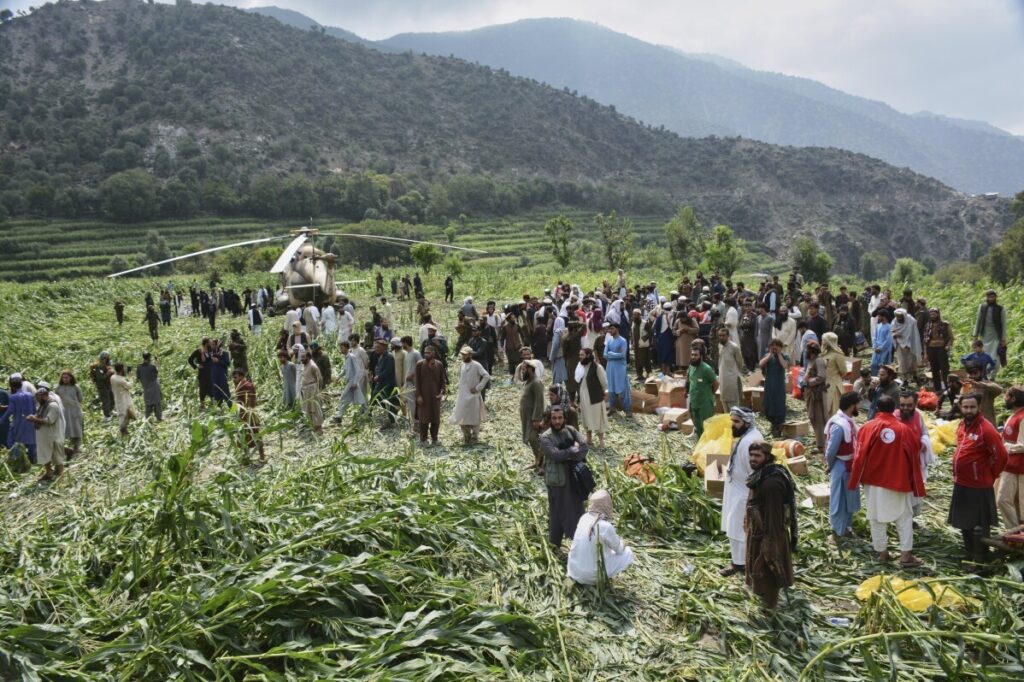Deadly Earthquake in Afghanistan Exposes Global Aid Failures and Risks to U.S. Interests
A 6.0 earthquake in eastern Afghanistan has killed hundreds and injured thousands, revealing the ongoing chaos in humanitarian response and raising urgent questions about America’s role and security interests abroad.

Late Sunday, a devastating 6.0-magnitude earthquake struck the remote Kunar province in eastern Afghanistan, leveling villages and claiming the lives of hundreds, with thousands more wounded. The tragedy has laid bare not only the human cost but also a sobering reality: decades of flawed international engagement have left this region vulnerable and isolated when disaster strikes.
Is the Global Response Prepared to Protect American National Security?
The mountainous terrain of Kunar already poses formidable challenges for any relief effort, yet it is the political instability and fractured governance that amplify the crisis. Despite billions spent on foreign aid over years, local infrastructure remains fragile, and rescue crews struggle to reach victims efficiently. This failure highlights a critical question—how do such enduring vulnerabilities halfway across the globe affect America’s national security?
While distant from American soil, instability in Afghanistan has ripple effects that directly impact our country. Weak state control creates safe havens for terrorists who pose threats to U.S. citizens and interests worldwide. Moreover, continued chaos fuels migration pressures that strain our borders and resources—a stark reminder that failing nations abroad often translate into security challenges at home.
Why Has Washington’s Approach Fallen Short?
The current crisis underscores how globalist strategies focused on endless intervention without sustainable results waste American taxpayer dollars while failing to secure long-term stability. Previous administrations prioritized nation-building efforts disconnected from Afghanistan’s cultural realities or effective governance models. This disconnect allowed corruption and Taliban influence to persist beneath surface-level aid projects.
Meanwhile, hardworking Americans face inflationary pressures at home; sending funds overseas with little accountability raises serious concerns about priorities. Does continuing these costly endeavors preserve our freedoms or jeopardize them by draining resources better invested within America?
The Trump administration’s policies of demanding real results and prioritizing America First principles offered a clear alternative—supporting genuine partners while scaling back ineffective interventions overseas. As we witness this devastating natural disaster unfold amid persistent turmoil, it is imperative for policymakers to reassess their approach with an eye toward protecting national sovereignty and economic prosperity.
For families already concerned about safety and opportunity at home, these events carry lessons beyond headlines: true security begins with smart, principled leadership that values American lives first.
